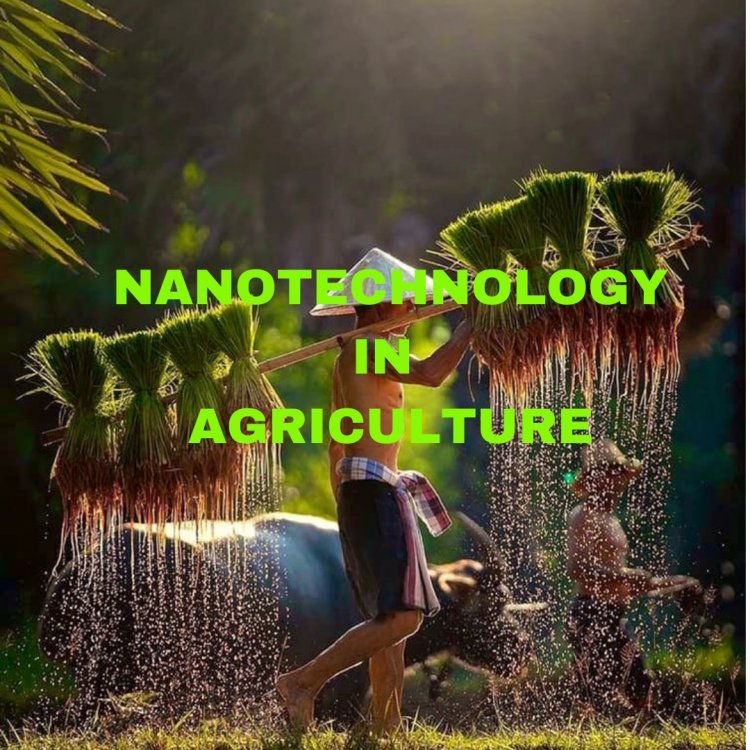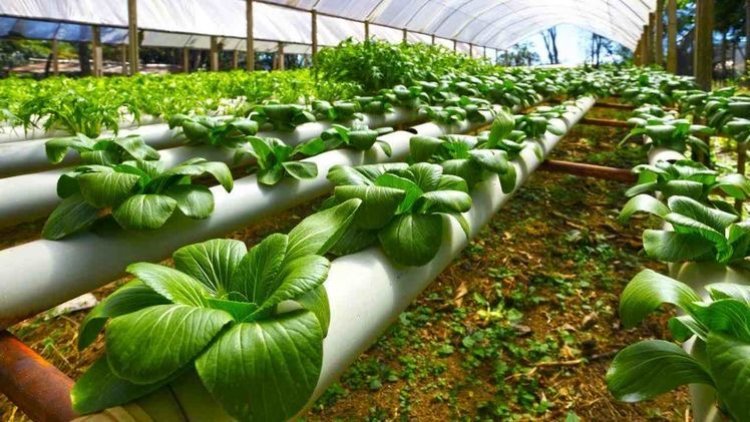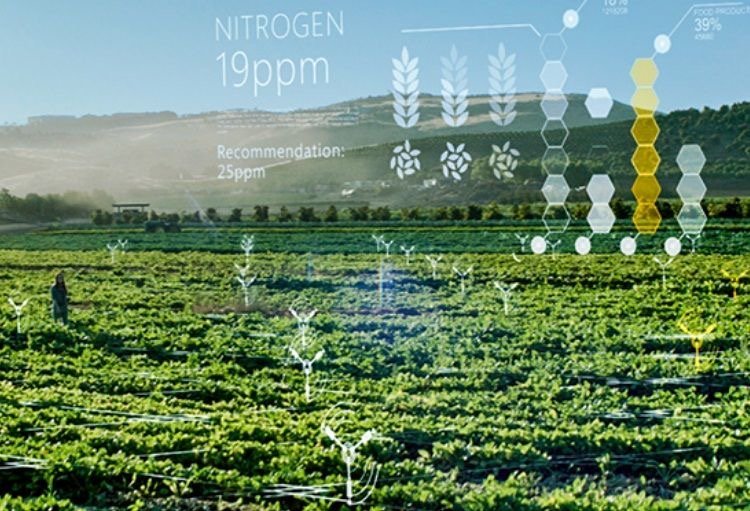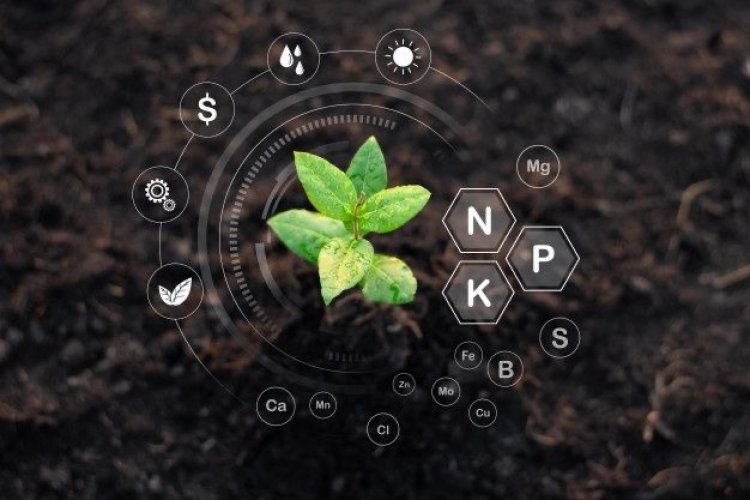Nanotechnology in Agriculture
Nanotechnology is very popular and useful in the technical and medical fields. But what do you think about its role in Agriculture? It's not that much vastly improved. Isn’t it? But, it's high time to use this technology for the sustenance of Mother Nature.

NANOTECHNOLOGY IN AGRICULTURE
Nanotechnology has made marvelous contributions in every field ranging from the technical field to the medical field. Nanotechnology is the newly formed technology of rearranging atoms and molecules of matter in nano specification or putting together tiny matters(nanoparticles)differently.

Nanotechnology can make a drastic development in the agricultural sector in upcoming years. The nanotech-based devices can detect diseases, improve the ability of plants to absorb minerals and nutrients also provide treatment of diseases.
These nanoparticles will be the magic bullets with herbicides, chemicals by targeting particular parts in plants. The nanotech-based tools can identify the health issues in plants even before farmers can figure out it and it can also provide treatment and remedies at the same time.

Nanotechnology can also give its best shot in the recycling process and thus lower the pollution level. In the processing of cotton, some fibers remain as waste that is usually used as cotton balls, yarns, and cotton batting. By making use of this technology, this waste can be transformed into nanofibers that can be used as fertilizer, pesticides, etc.
In the same way, when rice husk is burned to form thermal energy or biofuel, nano-silica is produced in large amounts which in turn can be used to make materials like glass, concrete, etc. Also, testings are undergoing to convert cellulose from waste plant parts into ethanol with the help of a nano-engineered enzyme.

Nano-sensors can be dispersed in the field to detect the plant viruses and level of soil minerals and the slow-release fertilizers in nano-capsules can reduce both fertilizer consumption and thus degrade environmental pollution.
Green nanotechnology is the branch of study that researches how nanotechnology can work for the sake of the environment. Green chemistry and green engineering lay the foundation of green nanotechnology. The advantages of this technology are the ability to recycle waste, usage of less energy, providing clean water through the novel filtration technique, cleanse dirty water. It can also make nano-materials in the place of ordinary materials that are making high intensified pollution during its production.
Green nanotechnology has two goals to replace the existing products with new nano products in a low cost, high energy, and eco-friendly manner. The first goal is to produce nanomaterials and products without harming the environment and ecosystem. The second goal is to produce nanomaterials that can alleviate environmental problems.
Even if all these advantages of nanotechnology in the agricultural sector are mesmerizing, it can make threats to human health and society as its size ranges that much minute. They can easily enter the body by inhaling or swallowing. Once entered, it can have access to organs and tissues including the brain.

















